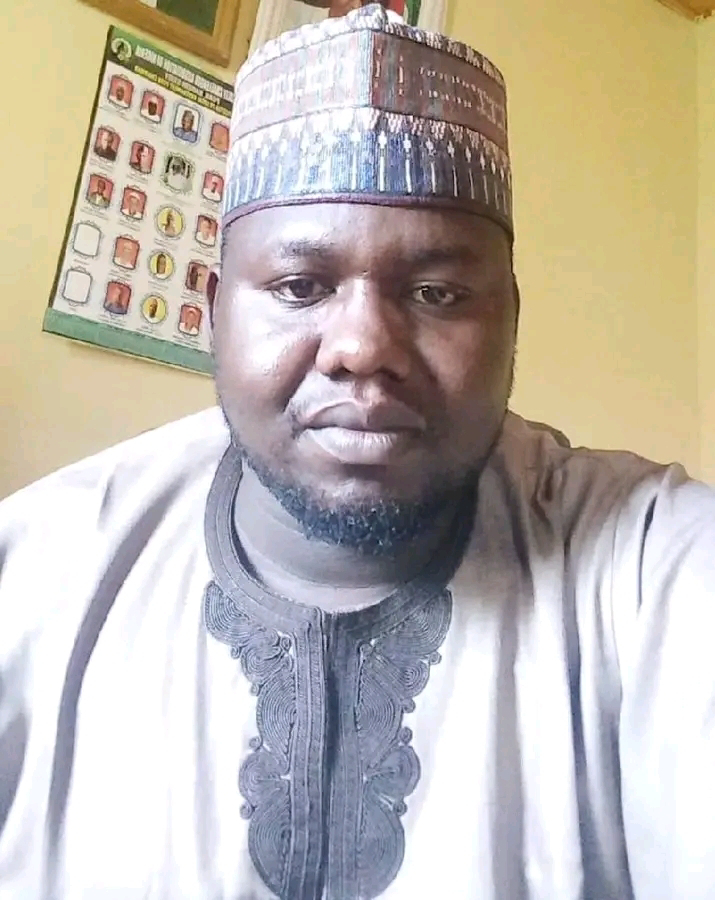By Muktar Umar, PhD in view
Edited and Published By Abubakar Ibrahim and Yusuf Yahaya Kumo.
A powerful reflection by disability rights advocate and PhD researcher Muktar Umar has cast a spotlight on a deeply troubling and often overlooked public health issue: the alarming rate of early deaths among persons with disabilities in Nigeria.
In his words, “My thoughts returned to why persons with disabilities die early?” — a question born out of years of personal experience and professional engagement with the disability community.
Umar states that while persons with disabilities already contend with numerous challenges in their daily lives, many of those challenges stem from the very conditions or illnesses that initially caused their disabilities. However, he asserts, only well-funded and data-driven research can confirm the full scope of these causes.
> “From our experience interacting with persons with disabilities at the Bauchi State Agency for persons with disabilities, we have witnessed several cases of sudden or unexpected deaths — including among the blind and physically challenged — many of whom were under the age of 55,” Umar said. “It is rare to find a person with a disability who lives up to 65 or 70 years.”
Possible Causes Behind Early Mortality
Umar identifies five major issues that could be contributing to the trend:
1. The original illness or condition that caused the disability
2. Chronic poverty, which severely limits access to healthcare and wellbeing
3. Social stigma and discrimination, leading to isolation and emotional distress
4. Lack of adequate care and support, especially in under-resourced communities
5. Lack of education and awareness, both within families and society at large
He stressed that while these are strong indicators, only methodical investigation can validate their full impact.
Proposed Solutions for Change
In an effort to spark action, Umar outlined several practical and inclusive strategies that policymakers and stakeholders must consider:
1. Government funding should be allocated to sponsor detailed and evidence-based research into disability-related mortality.
2. Cross-sector collaboration between professionals in disability agencies, the health sector, and the education sector must be strengthened.
3. Inclusion of associations of persons with disabilities in policy-making, planning, and implementation processes is essential.
4. Religious and traditional leaders should be actively involved in advocacy and awareness, to combat stigma and promote inclusion at the grassroots level.
“May Allah grant us success,” Umar concluded, calling on society, institutions, and leadership to act swiftly and compassionately.
This emotional appeal has resonated with advocates, academics, and community leaders across the country. As the nation grapples with equity in healthcare and social welfare, Umar’s timely message serves as a critical wake-up call to address the silent crisis facing millions of Nigerians with disabilities.
Muktar Umar, a scholar in Public Health Education and Promotion with a PhD in view, previously served as Deputy Director of the Bauchi State Agency for Persons with Disabilities.


Post a Comment